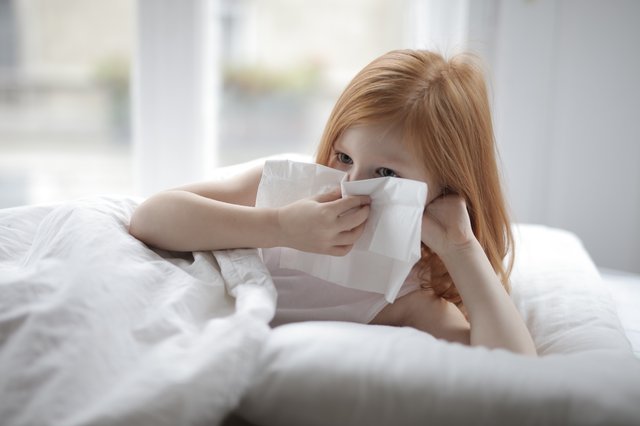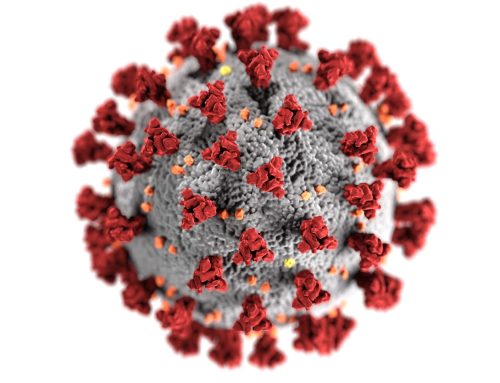With COVID-19 still spreading and infecting many throughout the United States, you might have forgotten about something else that makes you feel sick during this time of year: allergies! You know, the sniffles, sneezing, and congestion that you just can’t seem to shake. Here at JCMC, we want you to feel comfortable and prepared as the fall allergy season is underway. Learn what to expect, how to handle, and the next steps during the daunting fall allergy season.
What are Allergies?
Allergies are a response from your immune system when it becomes agitated by something such as pollen, dust, or dander. The most common allergen in the fall months, especially on the East Coast, is ragweed. Ragweed is a green plant that releases copious amounts of pollen in the fall months, resulting in hay fever or allergic rhinitis. Many people who suffer in the fall are allergic to mold or pollen attached to falling leaves.
Having hay fever may feel a bit like having a cold, but a virus doesn’t cause it. If you experience seasonal allergies, you’ve probably felt like this many times before. The most common symptoms include sneezing, coughing, runny nose, congestion, sore throat, and itchy or watery eyes.
How to Manage Fall Allergies
There are several ways to manage your fall allergies. First, if you know that you suffer from seasonal allergies, windy and warm days will be the worst. Try to stay inside more on those days and shut your windows to keep symptoms at a manageable level. Rainy days are better, so get as much fresh air as you can on those days. If you need to rake leaves or care for your lawn, wear a mask while doing so.
Keeping your home clean and free from dust and pollen is hugely beneficial. You can achieve this by vacuuming, dusting, and sweeping often. (If you’re allergic to dust or dust mites, wear a mask while cleaning.) Indoor air pollution can actually cause more problems for allergy and asthma sufferers, so open your windows when you can, or consider adding an air purifier to your home.
When experiencing mild to moderate symptoms of hay fever, over-the-counter medications can help. Antihistamines such as Claritin or Zyrtec will help keep symptoms at bay, while nasal rinses such as Flonase help clear your sinus passage, allowing for better breathing. The critical part is to take your medicine every day. Allergy medicine builds up in your system over time, alleviating symptoms. Taking it once in a while won’t be as effective.
If your symptoms are too severe to be treated with over-the-counter medication, it’s time to talk to a specialist. Allergists can diagnose which allergens affect you and help treat your seasonal allergies with methods that are not available otherwise. We can administer allergy shots or allergen immunotherapy to those with severe and chronic allergies.
If you have been experiencing severe seasonal allergies with no relief from over-the-counter remedies, contact us to schedule an appointment with a JCMC Allergist.







